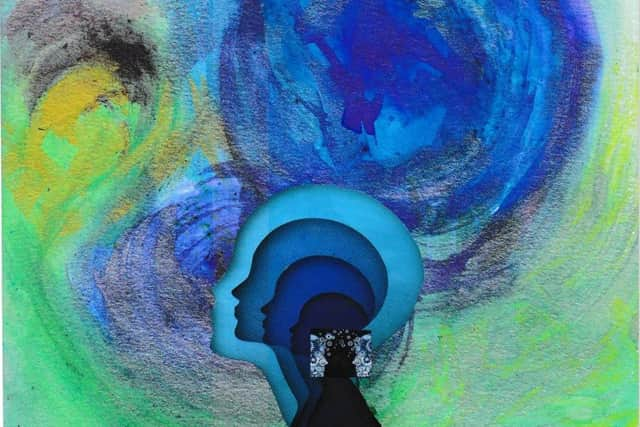Lancaster neurodivergent women asked to help with research on barriers caused by late diagnosis
and live on Freeview channel 276
The Growing Club, a social enterprise based in Lancaster dedicated to ensuring all women are equally valued for their skills and abilities, is asking as many neurodivergent women as possible to share their experiences and views through interviews, focus groups, and questionnaires.
Key to the research will be how participants’ experiences have affected them in the workplace, and whether unequal access to knowledge prevents equal access to job progression.
Advertisement
Hide AdAdvertisement
Hide AdStudies by other organisations have shown that neurodiverse women often do not have their support needs recognised, leading to challenges in their day-to-day lives, such as poor self-esteem, difficulty in the workplace, and experiencing cycles of burnout.


If you identify as a neurodiverse woman, with or without diagnosis, and would like to get involved, or find out more, please contact Megan at [email protected], or call their office on 01524 383846.
You can get involved online, via Zoom, or in person at their offices in Lancaster.
Jane Binnion, managing director of The Growing Club, said: "As a neurodiverse woman, I have been delighted by the numbers of other neurodiverse women who feel The Growing Club offers a safe place for them to come and join our courses.
Advertisement
Hide AdAdvertisement
Hide Ad"We have received funding from Rosa, a grant making charity that funds specialist organisations to help make the UK a safe space for women and girls.
"This will enable us to give a voice to more neurodiverse women and contribute to a better understanding of neurodiversity in women by employers, leading to improved support and resources.”
According to medical and academic studies, lack of diagnosis is a significant societal issue, and 80% of autistic women remain undiagnosed at age 18, which can have significant effects on mental health. Men under the age of 18 are three times more likely to be diagnosed with ADHD than women.
Undiagnosed ADHD can bring issues such as increased risk of self-harm, lower educational achievements and mental health conditions.